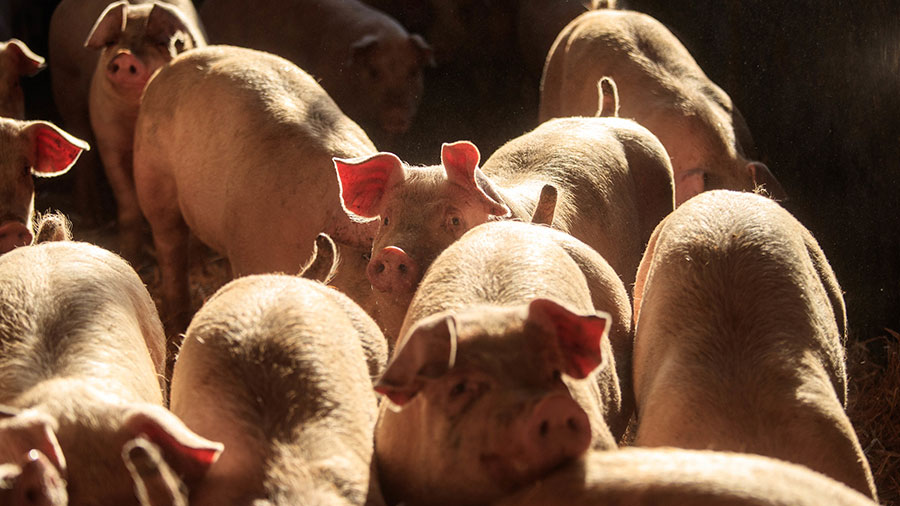Danish farmers could face first carbon tax on agriculture
 © Tim Scrivener
© Tim Scrivener A proposed tax on the carbon footprint of agricultural businesses in Denmark is being considered which, if implemented, could make it the first country to impose this type of taxation.
The potential tax is forecast to have a substantial impact on production within the Danish farming sector and has faced criticism from industry.
Denmark already has tough targets in place and aims to reduce its greenhouse gas emissions by 70% by 2030 compared to 1990 base levels.
See also: Zero-till v plough: Differences in soil structure and carbon
The Green Tax Reform Expert Group presented three different models to the Danish government for the introduction of a carbon footprint tax on agriculture.
Michael Svarer, group chairman said:
“In our work, we have emphasised showing models that, to varying degrees, balance the consideration of achieving the socio-economically cheapest goal with the considerations of reducing the burden on agriculture, the risk of production decline, and leakage of greenhouse gas emissions abroad.”
The models could reduce carbon dioxide equivalent (CO2e) emissions by up to 3.2m tonnes by 2030.
Impact on farming
Jenny Brunton, senior European policy advisor at the British Agriculture Bureau in Brussels, said that cattle and pig production in Denmark could fall by about 20% under the harshest taxation scenario.
“In the model with the highest proposed tax of 750 kroner/tonne (£86/tonne) emitted, a permanent loss of jobs of 8,000 persons is also predicted,” she added.
The Danish farming industry has raised concerns with the proposal, alongside some banks which have warned of falling farm business incomes and lower land prices as a result.
A representative from pork processor Danish Crown said: “It’s not an idea that originated from our backyard, but there is a political majority in Denmark that wants this, and as a company, we will engage constructively in the process.
“However, at Danish Crown, we don’t think it’s a particularly good solution.
“In Denmark we already have one of the lowest European carbon footprints in our production of pork, so it seems entirely counterintuitive to reduce production only to import pork from Poland or beef from Brazil.
“There’s a risk of doing both Danish competitiveness and the climate a disservice and dismantling thousands of Danish jobs.
“So, it’s essential that we really think this through and design the tax to support the transformation of agriculture, rather than shifting both jobs and emissions to other countries.”
Danish dairy giant Arla is likely to see some of its farmers in the country impacted if the new taxation proposals are introduced.
Arla Foods chief executive, Peder Tuborgh told Reuters news agency that: “These models are based on something very disappointing, namely that climate reduction can only come by reducing production.”
UK agricultural director at Arla, Paul Savage, told Farmers Weekly that Arla Foods remains on track towards its own CO2e reduction target for 2030.
Mr Savage added: “Our current focus is to continue to roll out our Customer Sustainability Programme (CSP), which means we are collaborating with our customers to deliver progress towards our shared climate targets, as well as our Sustainability Incentive Model, which ties a part of the milk price farmers receive directly to sustainability actions on farm.”
